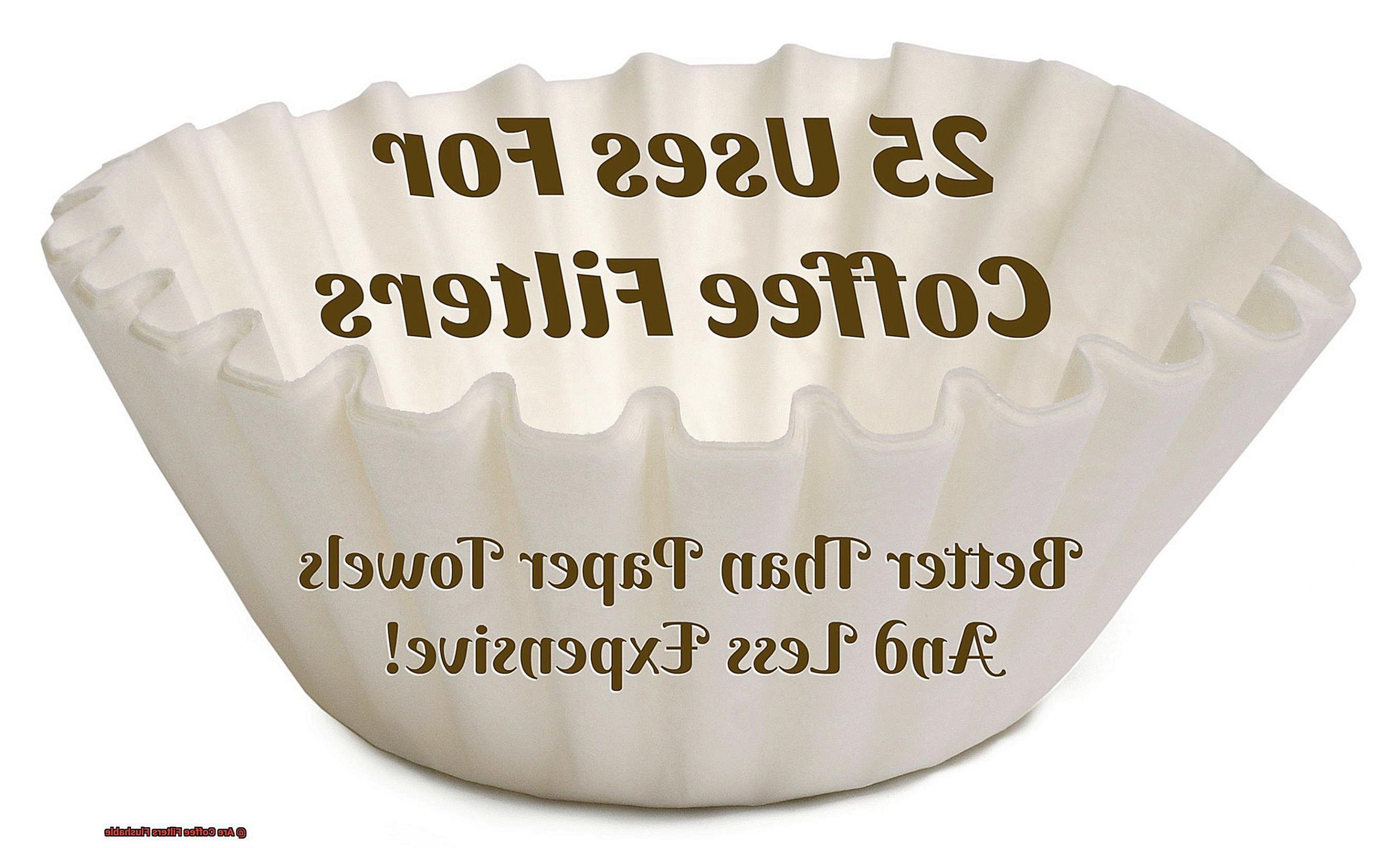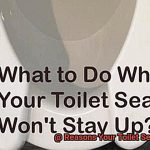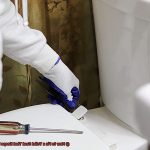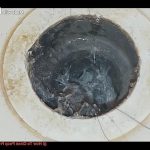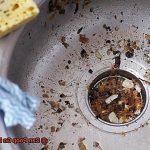Do you ever find yourself tossing your used coffee filter down the toilet without a second thought? It’s a common misconception that flushing coffee filters is an acceptable way to dispose of them. However, this can cause major problems for both your plumbing system and the environment.
In this blog post, we’ll tackle the question on many people’s minds: are coffee filters flushable? We’ll take a closer look at what happens when you flush coffee filters and explore the risks and consequences associated with this practice.
Firstly, we’ll examine the composition of coffee filters and how they can negatively impact your plumbing system. Then we’ll delve into the potential environmental consequences of flushing coffee filters, including their impact on water quality and marine life.
But don’t worry – we won’t leave you hanging with no alternatives. We’ll provide you with easy and eco-friendly options for disposing of your used coffee filters that won’t cost you any extra money or hassle.
So, are coffee filters flushable? The short answer is no. Keep reading to learn why and how to properly dispose of your coffee filters to protect both your plumbing and the environment.
Contents
What are Coffee Filters?
These filters come in a variety of shapes, sizes, and materials, ranging from disposable to reusable, and paper to cloth-based. However, the most common type is the disposable paper filter, made from a blend of wood pulp and other materials.
The primary purpose of coffee filters is to ensure a clean and pure cup of coffee. As hot water passes through the coffee grounds, the filter acts as a barrier, capturing any solid particles or oils that would otherwise make your coffee gritty and oily. In essence, these filters guard your coffee like knights protecting their king.
But that’s not all. Coffee filters are multitasking wonders that can be used for straining soup or making tea bags. Some even use them for DIY crafts or makeshift dust masks. Who knew these little filters could have so many uses?
However, it’s important to note that not all coffee filters are flushable. Although some believe that because they are made from paper, they can be safely flushed down the toilet, this is not entirely true. Most coffee filters contain plastic or glue that can cause blockages in your pipes if flushed down the toilet. So, dispose of them properly in the trash bin.
Overall, coffee filters are essential components of the coffee-making process. They are like guardians that protect your precious brew from unwanted particles and oils, resulting in a smoother and cleaner cup of coffee.
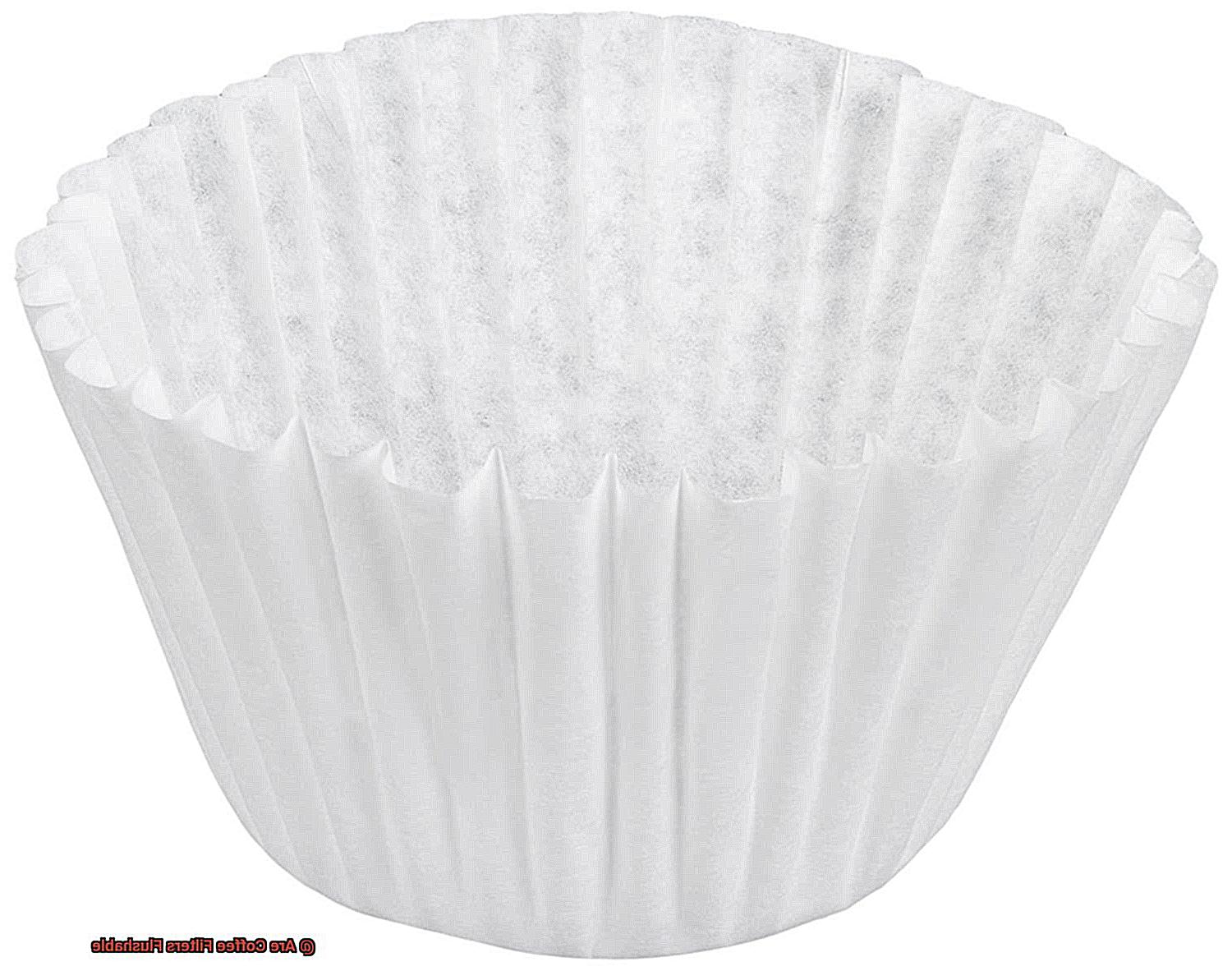
Are Coffee Filters Flushable?
While coffee filters may seem like harmless little pieces of paper, they can actually wreak havoc on your plumbing system and the environment.
Coffee filters are not designed to break down in water like toilet paper. They’re made from a combination of materials such as paper, plastic, and sometimes even metal, which can accumulate in pipes and cause blockages that can be difficult and expensive to remove. In fact, wastewater treatment plants have reported that coffee filters are one of the most common items found in sewer blockages.
But fear not, there are simple and eco-friendly solutions to this problem. The best practice is to dispose of used coffee filters in the garbage or compost bin. By doing so, you can help protect your plumbing system and the environment.
If you’re concerned about the environmental impact of using coffee filters, there are alternatives available. One option is to use reusable cloth filters, which can be washed and reused multiple times. Not only will this save you money in the long run, but it’s also a more sustainable option. Another option is to purchase biodegradable coffee filters that are specifically designed to break down in water. These filters are made from materials that are more environmentally friendly than traditional coffee filters.
In summary, while coffee filters may seem harmless, they’re not flushable and can cause serious problems for your plumbing system and the environment. By properly disposing of them in the garbage or compost bin and considering alternative options like reusable cloth filters or biodegradable coffee filters, you can enjoy your morning cup of coffee while also being kind to the planet.
The Consequences of Flushing Coffee Filters
Picture this: you’ve just had your morning coffee, and you’re ready to conquer the day. But wait, what are you doing with that coffee filter? Flushing it down the toilet may seem like an easy solution, but it can have dire consequences.
For starters, coffee filters aren’t designed to break down in water like toilet paper. This means they can easily accumulate in pipes and cause blockages, leading to expensive plumbing repairs and a major headache. Plus, nobody wants to start their day off with a clogged toilet.
But it’s not just your plumbing that’s at risk. Flushing coffee filters can also harm your septic system or municipal sewage treatment plant. When filters accumulate in septic tanks or municipal sewage systems, they can cause blockages and overflows that pose a risk to public health and the environment. Nobody wants to be responsible for that.
And let’s not forget about the environmental impact. When coffee filters end up in wastewater treatment plants, they need to be manually removed by workers or specialized equipment. This process is both time-consuming and expensive, contributing to the buildup of waste in landfills.
So what’s the solution? It’s simple: dispose of used coffee filters in the trash or consider using reusable cloth filters that can be washed and reused. By taking these small steps, you’ll avoid costly plumbing repairs, protect your septic or municipal sewage system, and do your part to reduce waste and protect our planet.
Remember, even though coffee filters may seem harmless, they can have serious consequences when flushed down the toilet.
Alternatives to Flushing Coffee Filters
Good day, coffee aficionados. Do you often flush your coffee filters down the toilet and worry about the negative impact it has on the environment and your plumbing? Well, fret not, as there are several alternatives to this wasteful and harmful practice.
Firstly, a simple solution is to throw your used coffee filters in the trash. This is not only obvious but also practical as it prevents clogs in your plumbing and septic system. Additionally, coffee filters are biodegradable and will naturally break down over time in a landfill, making it an environmentally friendly option.
Another alternative is to compost your used coffee filters. These filters are usually made of paper or unbleached cotton, which can be added to a compost pile along with other organic matter like food scraps and yard waste. Composting coffee filters not only reduces waste but also provides nutrient-rich soil for your garden.
For those who aim to be thrifty, try reusing your coffee filters. Simply rinse them with water after use and allow them to dry before using them again. This not only saves you money on buying new filters but also reduces waste.
Lastly, investing in a reusable filter for your coffee maker is an excellent option. These filters are typically made of metal or plastic mesh and can be washed and reused instead of using disposable paper filters. With proper care, they can last for years, making it a more sustainable choice.
Tips for Disposing of Used Coffee Filters
Flushing them down the toilet is not an option as it can cause pipe blockages and harm the environment. So, what can you do with your used coffee filters? Here are some tips on how to dispose of them in an eco-friendly way.
Composting
If you have a compost bin or pile, adding used coffee filters to it is a fantastic option. The filters and grounds break down over time, adding nitrogen to the soil and promoting healthy plant growth. Not only does this reduce waste, but it also gives back to the earth.
Trash bin
Throwing used coffee filters into the trash is the simplest option. However, make sure to empty any leftover grounds into the compost or trash before tossing the filter to prevent unnecessary waste from landing in landfills.
Reusing
Feeling extra eco-conscious? You can reuse your coffee filters multiple times before disposing of them. Rinse them out and let them dry before using them again. This not only reduces waste but also saves you money in the long run.
Cleaning
Did you know that coffee filters make excellent cleaning tools? They are gentle enough not to scratch surfaces while being strong enough to tackle dust and grime. Give your used coffee filters a second life by using them for cleaning tasks before disposal.
fc5B7DpP534″ >
Conclusion
In conclusion, coffee filters are not flushable. Flushing them down the toilet may seem like a convenient solution, but it can lead to serious problems for your plumbing system and the environment. Unlike toilet paper that breaks down in water, coffee filters are not designed to do so and can accumulate in pipes, causing blockages that are expensive and difficult to remove.
Moreover, flushing coffee filters can harm your septic or municipal sewage treatment plant by causing overflows that pose a risk to public health and the environment. When these filters end up in wastewater treatment plants, they need manual removal by workers or specialized equipment, contributing to waste buildup in landfills.
But there’s no need to worry. Properly disposing of used coffee filters is easy and won’t cost you extra money or effort. You can toss them in the trash bin, compost them, reuse them several times before disposal, or even use them for cleaning tasks.
By taking these simple steps, you’ll avoid costly plumbing repairs, protect your septic or municipal sewage system from damage, reduce waste buildup in landfills and help protect our planet.

